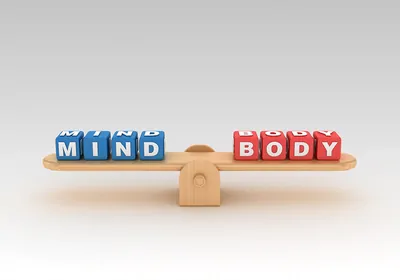By affecting white blood cell populations, acute and chronic psychological stress can decrease a body’s ability to fight off infection, but how the brain communicates with the immune system to do this is unclear. Filip Swirski, a professor at the Icahn School of Medicine at Mount Sinai, New York, explores this form of inter-organ communication. “A big question is how do the various organs in our systems respond to external factors and lifestyle changes, whether that's sleep, diet, exercise, or stress, because our body systems really adapt to fluctuations in our environment,” said Swirski.
In a recent study published in Nature, Swirski and his group showed that inducing acute stress in mice caused profound changes in the immune system.1 Specifically, B and T cells left the lymph nodes and rapidly migrated to the bone marrow. “We were both very surprised to see how massive these immune shifts are within very ...



















